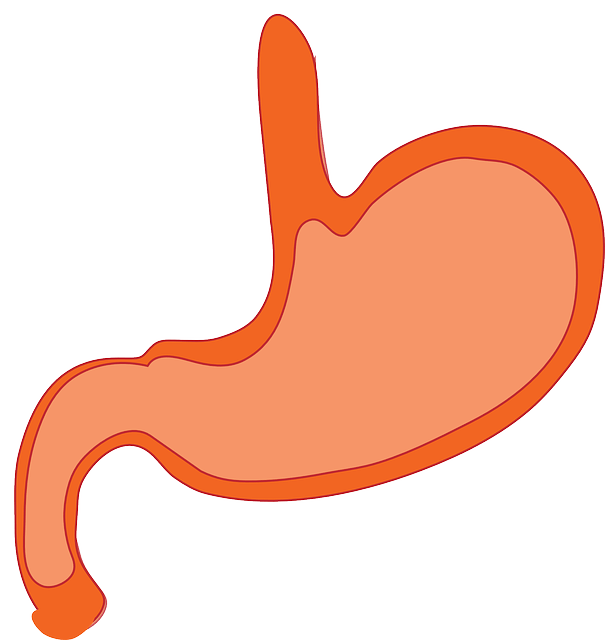Trauma and Obesity
People generally attribute obesity to overeating and lack of physical exercise. However, many studies show that there is a link between trauma and obesity. More specifically, that traumatic childhood events and their resulting toxic stress can lead to obesity later in life. The studies have shed light on why many of those who are severely overweight have difficulty losing weight, or if they do have success, can’t keep the weight off.
The link between trauma and obesity was first established in 1985 by Dr. Vincent Felitti, then chief of Kaiser Permanente’s Department of Preventive Medicine in San Diego. He found it astonishing that 55 percent of the 1,500 people who enrolled in his weight-loss clinic quit the program before completing it, even if they were losing weight. Determined to find out why, Dr. Felitti contacted those who withdrew. 286 patients agreed to be interviewed for his study.
The interviews revealed two things. First, no one was born fat. All participants were normal weight when they were born or had slightly less-than-normal birth weights. Second, those who were severely overweight didn’t gain weight gradually over many years. The weight gain was rapid and then levelled off. If patients were successful with weight loss, that success was temporary. They usually gained it all back quickly.
The real breakthrough discovery came when Dr. Felitti discovered a disturbing pattern of childhood traumas, largely sexual abuse, suffered by many of those in the study. Conversations with the victims revealed that, rather than a problem, the weight gain was a solution of sorts. Being obese protected them from further abuse, or so it seemed.
Dr. Felitti’s initial study opened the door for further research by medical epidemiologist Dr. Robert Anda at the Centers for Disease Control in Atlanta. His study, called the Adverse Childhood Experiences Study (ACE Study) sought to discover why people smoke, drink and overeat even though they know it is bad for their health. The study looked at ten childhood risk factors that was linked to this type of reckless behavior in adulthood. The risk factors included abuse (sexual, physical, verbal), having a mother who was abused, neglect (emotional or physical), having a parent with alcoholism or mental illness, a family member in prison, or losing a parent through abandonment or divorce.
The study concluded that these traumatic experiences were quite significant in determining the health and well-being of the group later in life. The higher the participant’s ACE score, (a calculation to determine the amount of stress one experienced during childhood) the higher their risk of social and health problems. High stress levels affect the brain’s ability to function. For many, this led to problems at school and with peers. These difficulties caused many to turn to a coping mechanism for comfort. For many, that coping mechanism was food, alcohol or drugs. The person experiencing the stress felt relief and escape from pain, at least temporarily. Later, there are unwanted, often deadly consequences.
Of course, not all overweight and obese individuals experienced at adverse childhood event. But a significant number of them did. Those who did will likely have difficulty with weight issues until they address the true cause of their overeating. Addressing these issues is a critical part of an overall success plan for overcoming obesity.
Dr. Malladi works with patients to determine if they are good candidates for weight-loss surgery. Those who have unresolved emotional issues may be referred to another specialist for treatment before or after surgery to ensure the highest chance of success.







